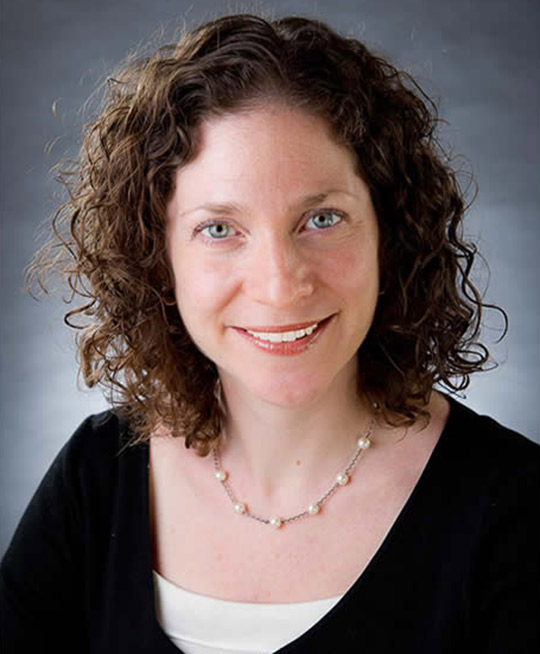A Q&A With TC's Kimberly Noble About How Poverty Affects Brain Development

The interviewer writes that Noble's "lively, informative" presentation "tackled a question that concerns millions of children, their parents, and the rest of us: the connection between inequality and the developing brain." She asked Noble: "In your presentation, you showed a time plot that tracked cognitive progress over 9, 15, and 21 months among children from high, medium, and low socioeconomic backgrounds. The children from the medium and low groups had lower cognitive measures even before 21 months. What can we infer from this?"
Noble answered, "Behavioral work from our lab suggests that we can see pretty dramatic differences in language and memory development by 21 months of age, before children even turn 2 years old. It's our hope that by easing some of the financial burdens of these families, we'll be able to change those trajectories in a beneficial way."
That hope formed the premise of her next study--the first clinical trial of the effect of poverty reduction on brain development--in which she and a national team of social scientists and neuroscientists will test whether a large monthly cash income supplement, given with no conditions, will have an effect "on children's cognitive, emotional, and brain development in the first three years, "when we know the developing brain is most malleable to experience," Noble says.
Noble's research explores socioeconomic disparities in children's cognitive and brain development. Ongoing studies in her lab address the timing of neurocognitive disparities in infancy and early childhood, as well as the particular exposures and experiences that account for these disparities, including access to material resources, richness of language exposure, parenting style and exposure to stress. She hopes to use this work to design interventions that target gaps in school readiness, including early literacy, math, and self-regulation skills.
Read the full Q&A here.
Published Friday, Apr 14, 2017